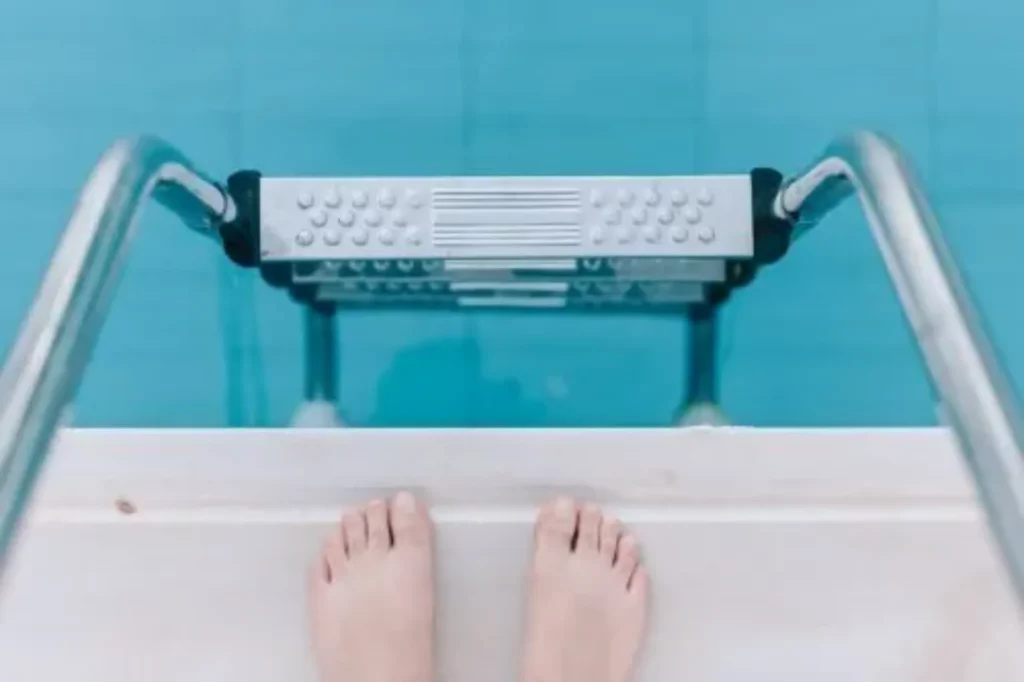Causes of Verruca
A verruca is basically a wart on your foot. Verrucae (one verruca, two verrucae) are incredibly common, and most people will suffer from one at least once in their life. They can come singularly or in clusters and are always on the foot.
Verrucae are the result of the Human Papilloma Virus (HPV). Although there are over 100 variations of HPV, the main culprits responsible for verrucae are HPV 1, 2, and 4.
Verrucae are a result of HPV. There are many myths about how they are spread, the most common being in the swimming pool. Hence the use of verruca socks to try and prevent the spread of infection. This is partially true but is mainly due to the fact that people are generally barefoot in a swimming pool environment, and verrucae are spread by bare feet being exposed to a surface where an infected person’s feet have previously been.
Everyone’s immune system is different, so you may catch a verruca, whereas your friend does not. Verrucae are increasingly common, and there is no shame in having one. Most people will have at least one during their lifetime. But there are a few ways you can try and reduce your risk of developing one:
- Try not to touch warts, either your own or somebody else’s. If you must, then wear gloves or wash your hands thoroughly with soap and water afterward.
- Do not share footwear
- Do not try on shoes in a shop without socks on.
- Try not to walk barefoot where other people have previously been barefoot (i.e. swimming pools, changing rooms and saunas)
How can you tell the difference between a verruca and a corn?
One way of telling a corn and a verruca apart is that, generally, a verruca is painful when you pinch it, but not when you press it. A corn will be the reverse, painful when you push it, but not when you pinch it.
Some verrucae have the well-known ‘black dots’, whereas others do not. This can lead to a misdiagnosis of corns, and the verruca is allowed to grow. Verrucae will usually push apart the papillary lines (scalloping of the skin or thickening of the epidermis) on the foot.
Treatment options for verrucas
It is known that, if left, verrucae will generally go away on their own; however, this can take up to a couple of years. Here at Farnham Foot Clinic, we can speed that process up and diagnose your verruca and discuss all treatment plans available to you such as swift verruca treatment.
If you are using an over-the-counter treatment, evidence has shown that products containing salicylic acid are the most effective. Please bear in mind that over-the-counter remedies only work around 50% of the time (if that!) and can cause damage to healthy tissue around the wart. Especially do not use it if you have diabetes, poor circulation, or suffer from lessened sensation in your feet.
Please NEVER try to perform self-surgery on your wart! This puts you at risk of developing an infection; always seek advice from a podiatrist. Experienced podiatrists can develop and modify treatments to make them suitable for children.






